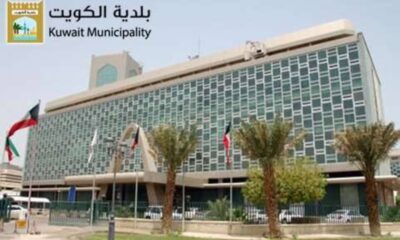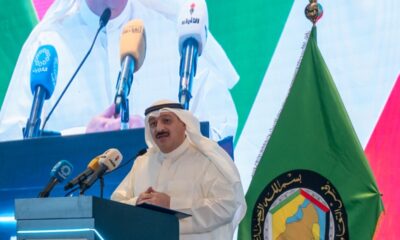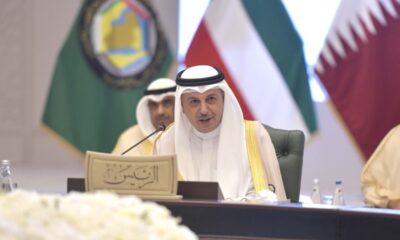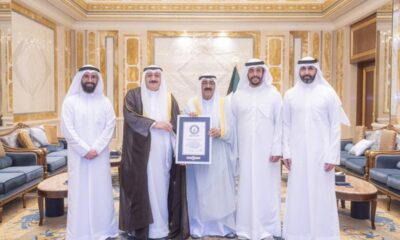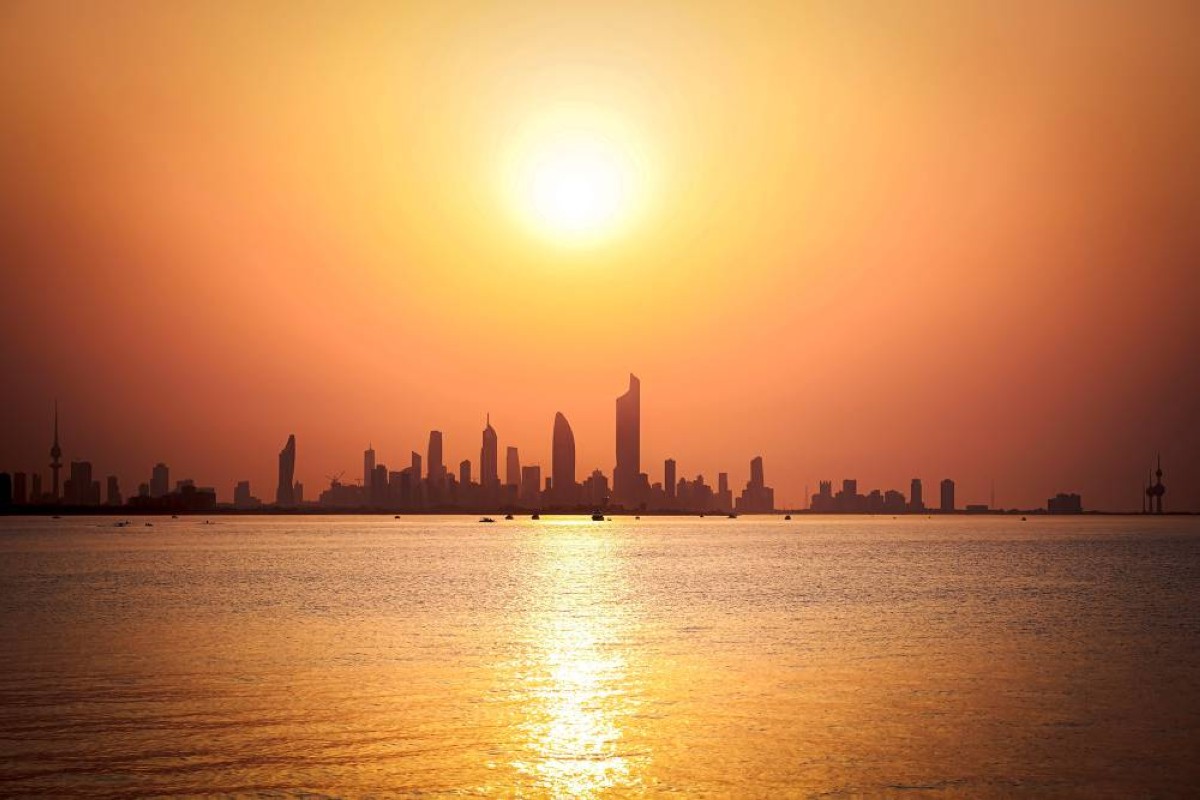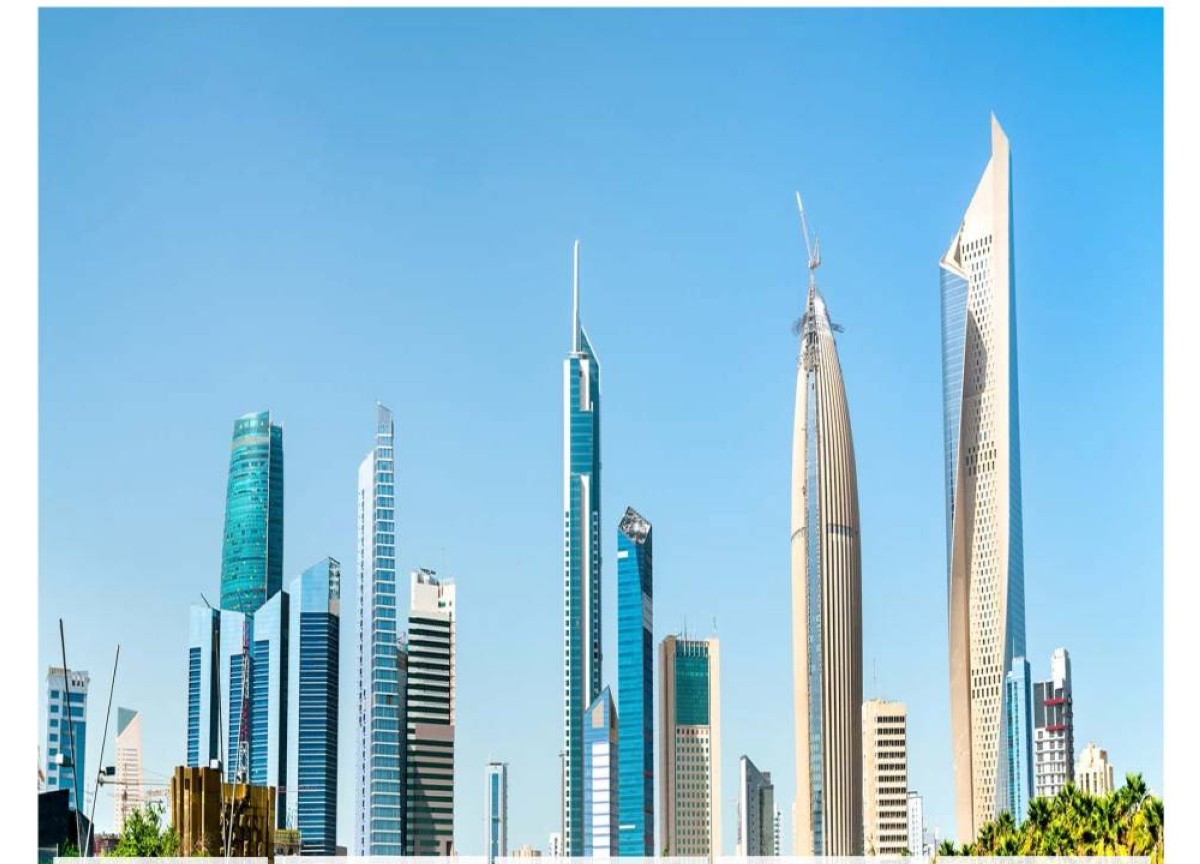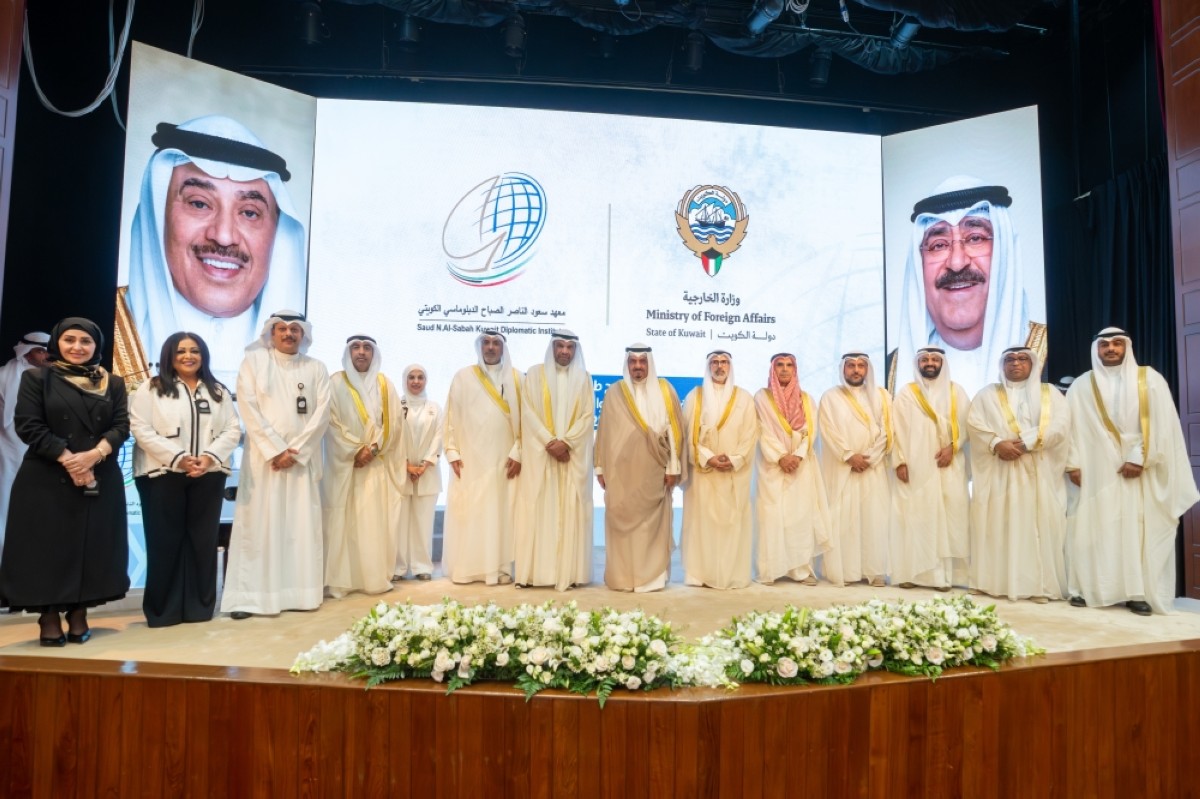Strategy launches new phase in regional health cooperation focused on prevention: Al-Awadhi
KUWAIT: Gulf health ministers on Saturday approved a series of initiatives and strategic plans aimed at strengthening cooperation and modernizing healthcare systems across the Gulf Cooperation Council (GCC). The decisions came at the conclusion of the 88th GCC Health Ministers Council meeting and the 11th meeting of the Health Ministers Committee, both chaired by Kuwait’s Health Minister Dr Ahmad Al-Awadhi.
Speaking at the 88th council meeting, Al-Awadhi said the agenda “reflects the shared Gulf vision” and focuses on initiatives that “lay the foundation for a new stage of collective health action based on prevention, health promotion and readiness to face risks.”
He highlighted the GCC Public Health Plan (2026–2030), describing it as a roadmap for the coming years. Joint projects such as the Unified Procurement Program and Drug Registration Project have become practical models to ensure the availability of safe, effective medicines and medical supplies while rationalizing spending. The council also discussed the Wafed program, which screens expatriates entering member states to ensure they are medically fit and free of infectious or chronic diseases. Al-Awadhi added that the region’s health future “extends beyond exchanging expertise and coordinating efforts to building advanced systems founded on innovation, digital transformation and investment in human capabilities.”
Advancing Gulf integration
At the 11th ministerial committee meeting, Al-Awadhi said Gulf health cooperation “is moving forward confidently.” He pointed to the GCC Strategy to Combat Drugs (2025–2026) as “a collective response to a cross-border challenge that requires integrated efforts to protect youth and safeguard the future of our nations.” The minister also emphasized the growing role of digital transformation and health innovation, calling them “two main pillars in developing Gulf health systems.”
Following the meetings, the GCC Secretariat said ministers approved several resolutions aimed at strengthening regional healthcare systems. These included endorsing the strategic outcomes of the GCC anti-drug strategy related to treatment and rehabilitation, adopting a unified work plan for the Committee of Health Ministers for 2026–2030, and strengthening the Joint Committee for Healthy Cities to align with national visions. Details of the plans were not immediately available. Ministers also announced the launch of the GCC Health Excellence Award to promote innovation and quality in healthcare services, and underscored the need to adopt innovation-driven and digital practices, expand cooperation with regional and international partners, and develop programs to support persons with disabilities while reducing causes of disability. — KUNA
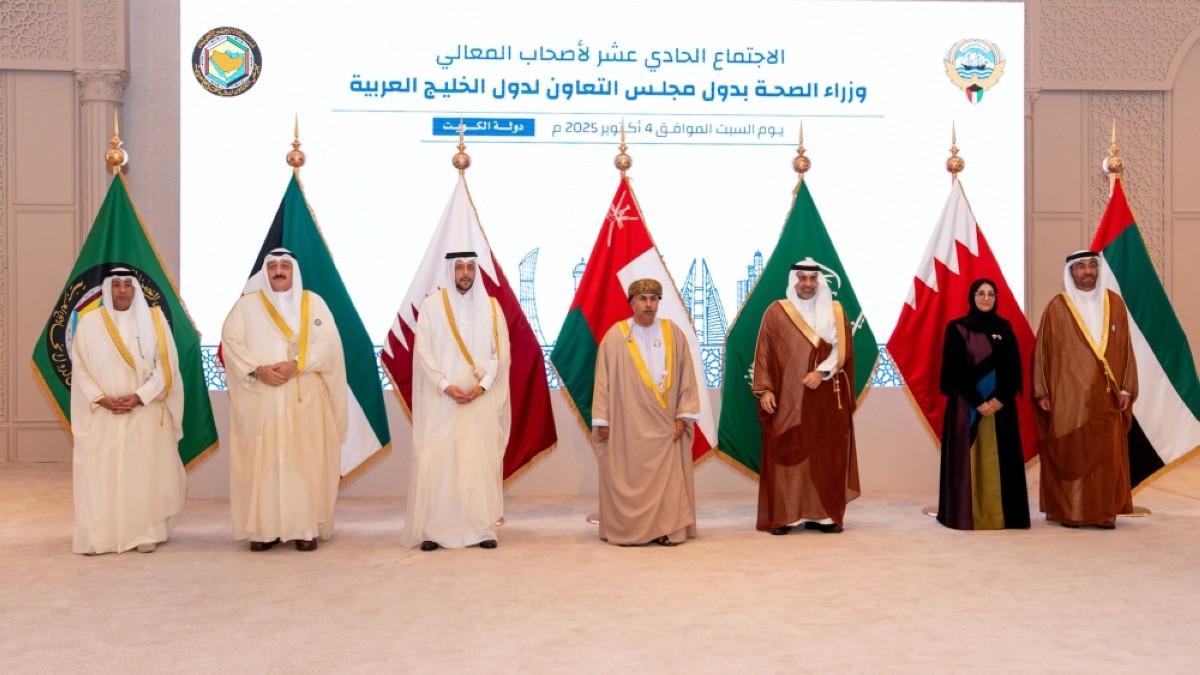

 Politics21 hours ago
Politics21 hours ago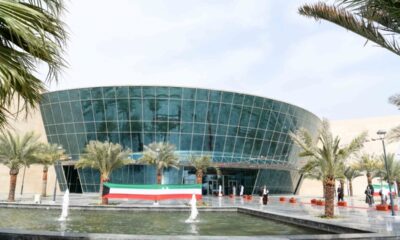
 Latest News20 hours ago
Latest News20 hours ago
 Business21 hours ago
Business21 hours ago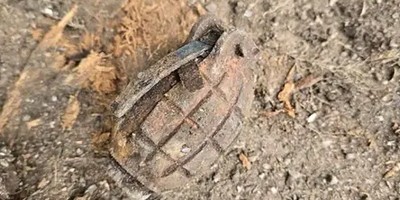
 Politics20 hours ago
Politics20 hours ago
 Politics18 hours ago
Politics18 hours ago
 Latest News21 hours ago
Latest News21 hours ago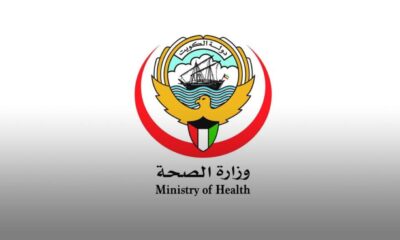
 Latest News19 hours ago
Latest News19 hours ago
 Latest News7 hours ago
Latest News7 hours ago
